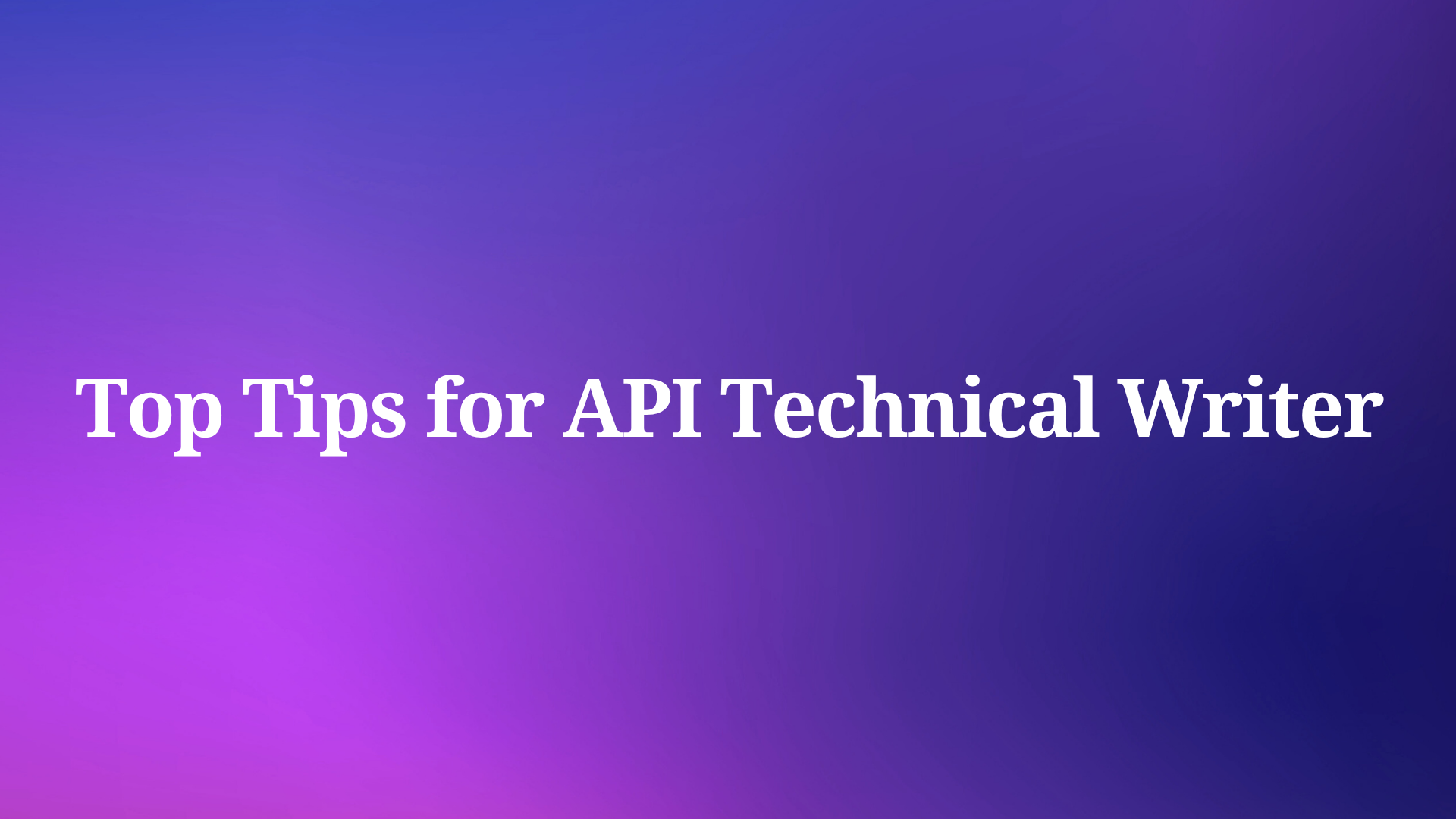As a developer working on complex API projects, I've found that context switching between research and implementation is one of the biggest productivity killers. When I discovered Model Context Protocol (MCP) servers, particularly Perplexity MCP for research and Apidog MCP for API specifications, my workflow transformed dramatically. These tools have become essential parts of my development arsenal, each serving distinct but complementary purposes in my daily work.
In this guide, I'll share my hands-on experience with both Perplexity MCP Server and Apidog MCP Server from a practical developer perspective. I'll walk through setting up each server independently and explain how I use them to solve real-world development challenges.
Understanding Perplexity MCP Server for Real-Time API Development Research
Perplexity MCP Server has become my go-to tool for staying current with API development trends and solving technical challenges. This specialized MCP server provides web search functionality through Perplexity AI's API, allowing me to query the web without leaving my development environment.
What makes Perplexity MCP particularly valuable is its ability to filter results by recency. When working with rapidly evolving technologies, being able to limit searches to the past day, week, or month ensures I'm implementing solutions based on current best practices rather than outdated approaches.
The server provides a focused set of capabilities through its single tool:
- perplexity_search_web: Performs web searches using Perplexity AI's API
- Requires a "query" parameter for the search term
- Optional "recency" parameter to filter results by time period (day/week/month/year)
I've found this particularly useful when:
- Researching authentication mechanisms for new API endpoints
- Finding examples of handling specific error cases
- Discovering performance optimization techniques
- Staying updated on security best practices
Before Perplexity MCP, I'd constantly switch between my IDE and browser, disrupting my flow and losing context. Now, I can simply ask my AI assistant to search for specific information, review the results, and immediately apply the insights to my code.
Setting Up Perplexity MCP Server: A Developer's Guide
Getting Perplexity MCP Server running requires a few prerequisites:
- A Perplexity AI API key (obtainable from Perplexity AI)
- Node.js environment (version 18 or higher)
- UV package manager installed
- An IDE that supports MCP (Cursor, Claude Desktop, or VS Code with extensions)
Here's my step-by-step process for setting it up:
Install UV Package Manager (if not already installed)
# On Windows
powershell -ExecutionPolicy ByPass -c "irm https://astral.sh/uv/install.ps1 | iex"Install Perplexity MCP via Smithery
npx -y @smithery/cli install perplexity-mcp --client claudeConfigure Environment Variables
I edit my MCP configuration file (location depends on the IDE):
- For Cursor:
C:\Users\username\.cursor\mcp.json - For Claude Desktop:
%APPDATA%\Claude\claude_desktop_config.json
Add Perplexity MCP Configuration
{
"mcpServers": {
"perplexity-mcp": {
"env": {
"PERPLEXITY_API_KEY": "YOUR_API_KEY_HERE",
"PERPLEXITY_MODEL": "sonar"
},
"command": "uvx",
"args": [
"perplexity-mcp"
]
}
}
}
Test the Connection
I verify everything works by asking my AI assistant:
"Search the web for the latest updates on API security best practices"Real-World Applications of Perplexity MCP in My API Development
In my daily work, I use Perplexity MCP Server in several ways:
Solving Implementation Challenges
When I encounter a tricky implementation problem, I ask:
"Search for solutions to handling pagination in GraphQL APIs"The AI returns current approaches that I can immediately apply to my code.
Staying Updated on Standards
Before implementing a new feature, I check current standards:
"Find the latest best practices for API versioning strategies from the past year"Researching Security Measures
Security is critical for APIs, so I regularly search:
"Search for the most recent API authentication vulnerabilities discovered in the past month"Performance Optimization
To ensure my APIs perform well, I research:
"Find techniques for optimizing database queries in API responses"The immediate access to current information has significantly reduced my development time and improved the quality of my implementations.
Transforming API Development with Apidog MCP Server
While Perplexity MCP Server excels at providing current information from the web, I've found Apidog MCP Server to be transformative for a different reason: it gives AI assistants direct access to my actual API specifications.
As an API developer, maintaining consistency between documentation and implementation is a constant challenge. Before Apidog MCP, I'd manually reference my API specs while coding, often missing subtle details or implementing outdated versions. Apidog MCP Server has eliminated this problem by making my API specifications directly accessible to AI tools.
The Apidog MCP Server works by automatically reading and caching API specification data from my Apidog projects. This allows the AI to retrieve and utilize this data seamlessly when I'm coding, ensuring perfect alignment between my implementation and the API design.
Setting Up Apidog MCP Server in My Development Environment
Setting up Apidog MCP Server requires:
- Node.js (version 18 or higher)
- An Apidog account with access to my API projects
- An IDE that supports MCP (Cursor, VS Code + Cline plugin)
Here's my setup process:
Generate an Apidog Access Token
- I log into my Apidog account
- Navigate to Account Settings → API Access Token
- Create a new token and save it securely

Get My Apidog Project ID
- Open my project in Apidog
- Go to Project Settings in the left sidebar
- Copy the Project ID from Basic Settings

Configure Apidog MCP ServerI add this configuration to my MCP config file:
{
"mcpServers": {
"apidog-mcp": {
"command": "cmd",
"args": [
"/c",
"npx",
"-y",
"apidog-mcp-server@latest",
"--project=MY_PROJECT_ID"
],
"env": {
"APIDOG_ACCESS_TOKEN": "MY_ACCESS_TOKEN"
}
}
}
}
Verify the Configuration
I test it by asking the AI:
"Please fetch API specification via MCP and tell me how many endpoints exist in the project"How Apidog MCP Server Has Changed My API Development Workflow
Apidog MCP Server has transformed several aspects of my development process:
Code Generation Based on Specifications
Instead of manually implementing DTOs or models, I now ask:
"Use MCP to fetch the API specification and generate Java records for the 'Product' schema and related schemas"The AI generates code that perfectly matches my API specification.
Updating Implementations When Specs Change
When our API design changes, updating implementations is simple:
"Based on the API specification, add the new fields to the 'Product' DTO"The AI knows exactly what fields were added and implements them correctly.
Adding Documentation to Code
Maintaining code documentation is easier:
"Add comments for each field in the 'Product' class based on the API specification"The AI adds accurate comments that match the specification descriptions.
Creating Complete API Implementations
For new endpoints, I can generate entire implementations:
"Generate all the MVC code related to the endpoint '/users' according to the API specification"The AI creates controllers, services, and models that align with the specification.
What I particularly appreciate about Apidog MCP Server is its flexibility in connecting to different data sources:
- Apidog Projects: For accessing API specifications within my team
- Online API Documentation: For reading API documentation published via Apidog
- OpenAPI Files: For working with local or online Swagger/OpenAPI files
This flexibility means I can use the same workflow regardless of where my API specifications are stored.
Conclusion: Choosing the Right MCP Server for Your Development Needs
As a developer who has integrated both Perplexity MCP Server and Apidog MCP Server into my workflow, I've found that each serves a distinct purpose in modern API development. Perplexity MCP excels at providing current information from the web, making it invaluable for research and staying updated with best practices. Apidog MCP Server, on the other hand, transforms how I implement APIs by ensuring perfect alignment between specifications and code.
The choice between these tools isn't an either/or proposition. In my experience, they address different aspects of the development process:
- Use Perplexity MCP Server when: You need current information, research on best practices, or solutions to technical challenges.
- Use Apidog MCP Server when: You're implementing APIs and need to ensure your code aligns perfectly with your API specifications.
For API developers, Apidog MCP Server offers particularly compelling benefits. By eliminating the gap between API design and implementation, it addresses one of the most persistent challenges in API development. The direct access to API specifications ensures consistency across your codebase and dramatically reduces the time spent referencing documentation.
As AI-assisted development continues to evolve, MCP servers like Perplexity and Apidog will become increasingly essential parts of the modern developer's toolkit. By understanding the strengths of each and incorporating them into your workflow, you can significantly enhance your productivity and the quality of your API implementations.
Whether you're building new APIs or maintaining existing ones, these tools represent a fundamental shift in how we approach development—making our work more efficient, more accurate, and ultimately more enjoyable.



